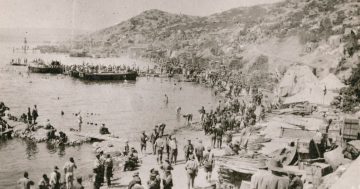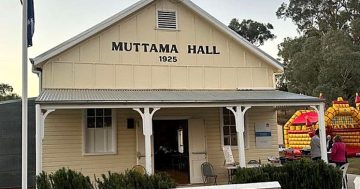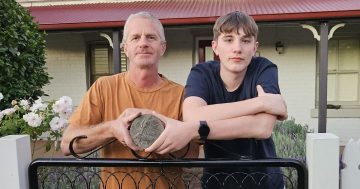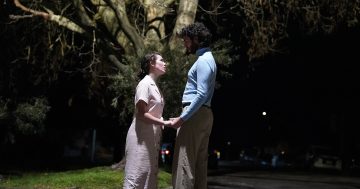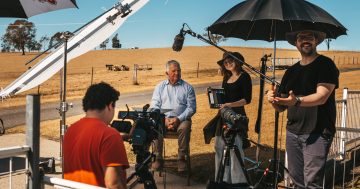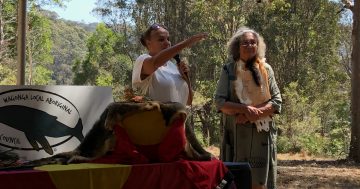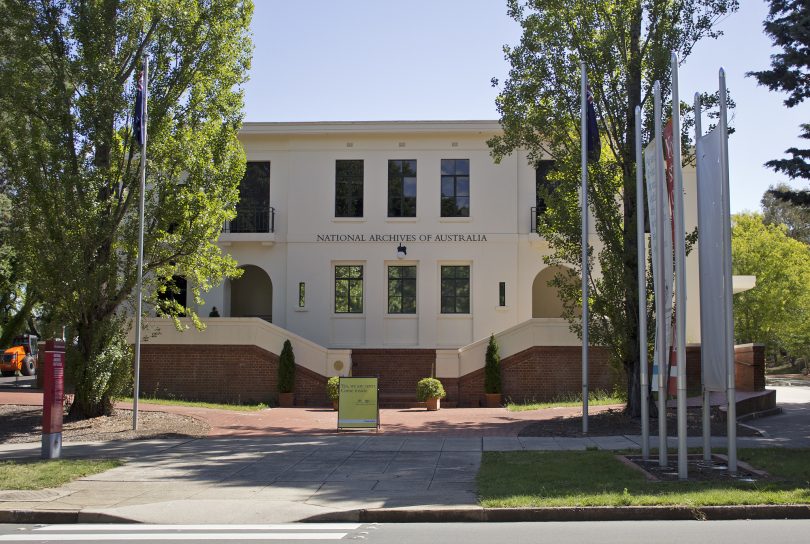
The National Archives of Australia needs extra funding so it can do its job properly. Photo: File.
What price the nation’s memory?
For the Morrison Government, it seems that memory is highly selective as it continues to hold out against providing the $67.7 million in extra funding that the 2020 Tune review recommended for the National Archives of Australia so it could digitise significant historical material and meet its statutory obligations.
When the Federal Budget was handed down last month, the only national cultural institution to miss out on extra funding was the Archives, despite the review and intense lobbying from Director David Fricker who has repeatedly warned that material will be lost forever if things did not change.
This includes video recordings of early Australian Antarctic exploration, ASIO’s spy surveillance footage, audio recordings from the royal commission into the Stolen Generation and hearings of the High Court native title tribunal, as well as Labor Prime Minister John Curtin’s wartime speeches.
Now the Archives, already struggling under the ongoing efficiency dividend, has resorted to rattling the tin in a crowdfunding campaign – a humiliating outcome for an agency charged with such an important duty.
The matter has been raised in Senate estimates, with Mr Fricker sounding the alarm and government minister Amanda Stoker defending the miserliness in the most fatuous and dismissive terms.
“Time marches on and all sources degrade over time,” she told the Senate, adding that it was a good thing for the Archives to be seeking donations.
The Archives was doing a great job with what it had, she insisted, without saying when the government would respond to the Tune review.
While the case may be made for institutions such as the National Gallery and the National Library to be the beneficiary of private philanthropy, for an agency such as the Archives to be classed in the same vein is an abdication of the Commonwealth’s duty to collect and preserve its own records.
Historians are appalled that such important material may be lost, and at the government’s priorities.
It seems all you have to do is mention a war – any war – and then buckets of money will be made available to bolster the Anzac myth.
It funded the Sir John Monash Memorial in France as part of the Anzac centenary to the tune of $100 million.
And of course, the Australian War Memorial is set for a $500 million redevelopment that will tear down a 20-year old award-winning building and create a military museum in the guise of telling the stories of contemporary conflicts more comprehensively.
The government baulks at the expense of preserving vital primary sources that add to a more inclusive and authentic picture of who we are as a nation, but will splash around millions on the basis of backroom conversations with certain figures at the War Memorial.
In the context of the Federal Budget, the amount the Archives is seeking is a pittance.
The government may, in due course, come to the party in some shape or form after fully digesting the Tune review, handed down in January 2020 but only released in March this year.
But with the clock ticking, Mr Fricker says it is inevitable that some material will indeed be lost.
The government’s defensiveness and lack of urgency betrays a callous indifference and puts into question its fairmindedness when it comes to how completely the nation’s story can be told.
Original Article published by Ian Bushnell on The RiotACT.







